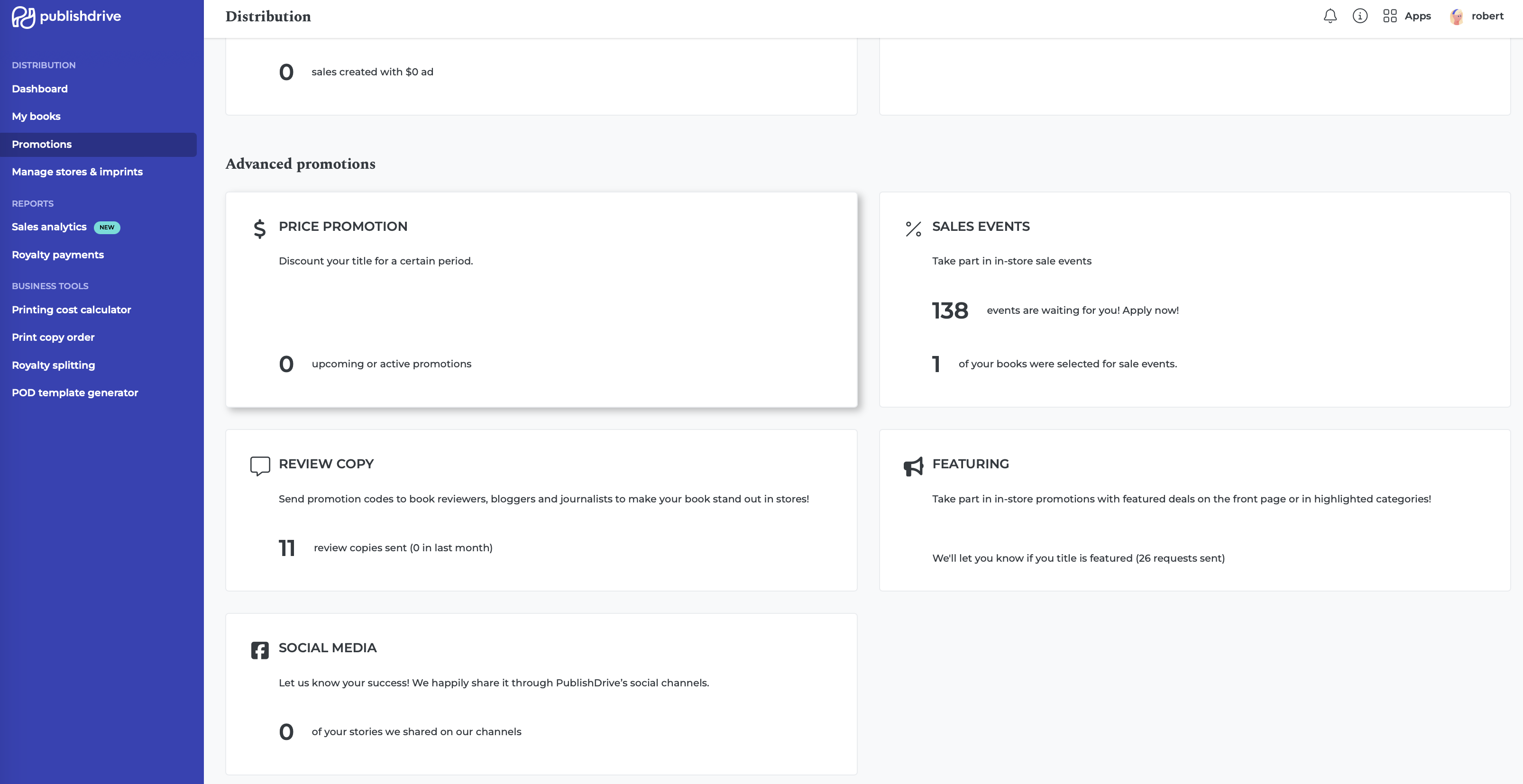Is Self-publishing Worth It?

For years, publishing could only be done traditionally, leaving an ever-shrinking space for the author to decide the path for the published manuscript.
Then, self-publishing became a thing and allowed authors not to publish as a vanity but to forge an independent career for themselves.
Let’s see if it’s worth it by looking at the pros and cons of self-publishing.
What Does Self-publishing Mean? [As a Publishing Model]
Self-publishing a book involves the author handling all aspects of publication, including editing, formatting, and cover design. This approach empowers writers to make decisions on content, design, and pricing while retaining all the rights to their work.
How it works
The self-publication meaning encompasses the responsibility authors assume upfront, investing time and finances in editing, cover design, and marketing.
Self-publishing platforms provide tools for authors to format, distribute, and sell their books in print or digital formats, offering higher royalty rates than traditional publishing houses.
This model has opened doors for niche topics that often need help finding representation in traditional publishing due to perceived limited market appeal. By connecting directly with their target audience, authors of niche topics can bypass traditional gatekeepers and prove the market viability of their work.
Self-publishing a book has never been easier with all the tech AI-enhanced features available, and the self-publishing industry has experienced remarkable growth in recent years.
The growth
Bowker, the official ISBN agency for the United States, reported that over 1.6 million books were self-published in 2018, a 40% increase from the previous year.
Ebooks have played a significant role in this growth, with AuthorEarnings (now Bookstat) reporting that self-published ebooks accounted for 30-34% of all e-book sales in the U.S. market in 2018.
Between 2023 and 2028, experts predicted the industry would expand by about $19.37 billion. This sounds like a huge jump, but it represents a slow and steady increase of about 1.2% each year.
This growth is happening for a few key reasons. First, readers are asking for a wider variety of books that represent different voices and experiences. Second, more people around the world are getting access to the internet, which means more potential customers for ebooks and online content.
Is self-publishing worth it? Data says the time is right for authors to use the tools available to drive up sales.
The Benefits of Self-publishing
Self-publishing has revolutionized the book industry, offering authors unprecedented opportunities. Here are some:
A. Creative freedom and control
1. Complete creative control
Self-publication means granting full authority over content, formatting, and cover design when self-publishing a book. Authors can shape every aspect of their work without external interference.
2. Preserve original vision
Self-publishing a book allows writers to hire professionals to polish their work while maintaining their intended message and style. This ensures the author's unique voice remains intact.
3. No approval needed
Authors can write outside conventional genres or parameters, exploring niche topics or experimental styles that might not fit traditional publishing models.
B. Financial advantages
1. Higher royalty rates
When self-publishing a book, authors typically earn about 70% of the list price (minus printing costs), compared to roughly $1 per unit with traditional publishers. This significant increase in per-book earnings is a key benefit of self-publishing.
2. Retain all rights
Authors retain all copyrights for ebooks, audiobooks, and for their foreign language versions. This allows authors to explore multiple revenue streams independently.
C. Time and market efficiency
1. Quicker timeline
One of the benefits of self-publishing is that it is a faster path to market.
Self-publishing a book often takes weeks or a few months, compared to the typical 18-month timeline for traditional publishing, allowing authors to capitalize on current trends.
2. Market responsiveness
Self-publishing allows authors to adapt to reader feedback or market trends quickly. Authors can revise content, adjust pricing, or modify marketing strategies without navigating publisher approval processes.
D. Reader engagement
Self-publishing requires building a more immediate and personal connection with the audience. This direct relationship can lead to valuable insights for future projects and a loyal fan base, fostering long-term success.
With a subscription service such as PublishDrive, you retain 100% of your royalties. Once you publish your work with us and distribute it to our store list, all revenue is yours.
Here is how to get started with PublishDrive:
Cons of Self-Publishing and How to Tackle Them
We’ve seen the benefits; now, let’s assess the cons and see if there are ways to tackle them.
1. Financial worries
👉 High upfront costs for editing, design, and formatting services
While mastering all these at a professional level may seem daunting for authors at the start of their careers, seasoned authors know this can be done with several services [free & paid] such as Hemingway Editor, Grammarly, Canva, and Reedsy Book Editor.
💡 Read more:
👉 Need to allocate personal funds for marketing and promotion
Marketing can be a hassle for writers at the start of their careers, but once you have a clear idea of your ideal reader, targeted communication becomes more manageable.
🔥 Remember, much of the marketing is done within your community of readers (book clubs, social media), which requires more time than financial resources.
💡 Read more:
- How to build an email list
- How to ace book promotions
- Complete 2024 social media guide
- How to build an ARC team and get reviews
In the PublishDrive dashboard, you have an array of marketing tools [free & paid] to run promotional campaigns or build up your promo stacking.

2. Discoverability
👉 Difficulty standing out among millions of online titles
In a crowded industry like publishing, metadata is king.
Think of book metadata as a bridge between readers and your book. It tells retailers and libraries where to shelve your work and helps readers discover it online through searches. The more accurate and compelling your metadata, the higher your chances of finding your ideal audience (and boosting sales).
Since we know this has long been a struggle for authors, PublishDrive has launched the AI-powered Book Metadata Generator.
🔥 This is a standalone service, part of PublishDrive’s Publishing Assistant, that authors can use even if they don’t choose to distribute with PublishDrive. It has its own pricing structure and payment system, which is separate from other PublishDrive services and thus not included in the existing pricing.
Here is how it works:
3. Time management
👉 Time management struggles to balance writing and promotion
Life is a juggle, and so is mastering your author business. Yes, the key to success is to perceive your author career as a job or a business.
PublishDrive success story authors like Marc Reklau have shared how they manage their day to get all done and find the time and pace to continue to write bestselling titles.
Marc Reklau said his daily routine consists of three hours of writing (or 2000 words, whichever comes first) and one hour of ads (Amazon Ads or Facebook Ads). He tries not to miss any of PublishDrive’s promotion options, as this is a great tool to find new readers.
4. Networking
👉 Limited access to industry connections and networking opportunities
While it is true that traditional publishing offers built-in industry connections, self-published authors have numerous opportunities to build their own networks.
The digital age has democratized access to writing communities and industry events.
Authors can join online writing groups, participate in forums, and engage with readers and fellow writers on social media platforms. These virtual spaces allow for sharing experiences, seeking advice, and forming collaborative relationships.
Additionally, many writing conferences and book fairs now welcome self-published authors, providing opportunities to meet industry professionals, attend workshops, and showcase work.
Local book clubs and libraries often host author events, offering a platform to connect with readers and other writers in person.
Is Self-publishing Better?
Self-publishing a book requires careful consideration and realistic expectations. As with any decision, there are pros and cons to self-publishing. It's essential to weigh the benefits, such as creative control and higher royalties, against the challenges, like dedicating time to oversee marketing and distribution.
Working with an aggregator such as PublishDrive lets you manage the distribution to 20+ channels, 400+ stores, and thousands of digital libraries worldwide with a single click.
And then, sky is the limit.